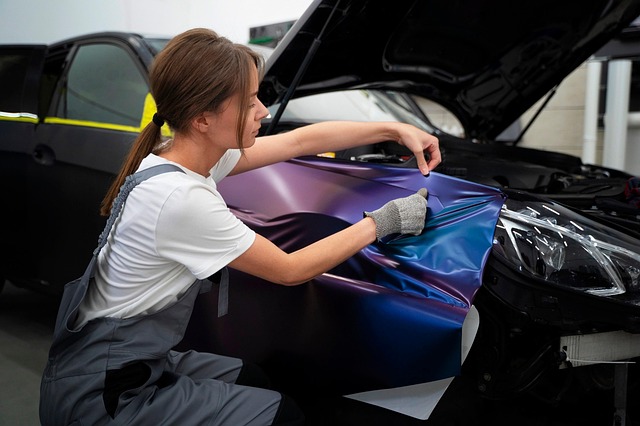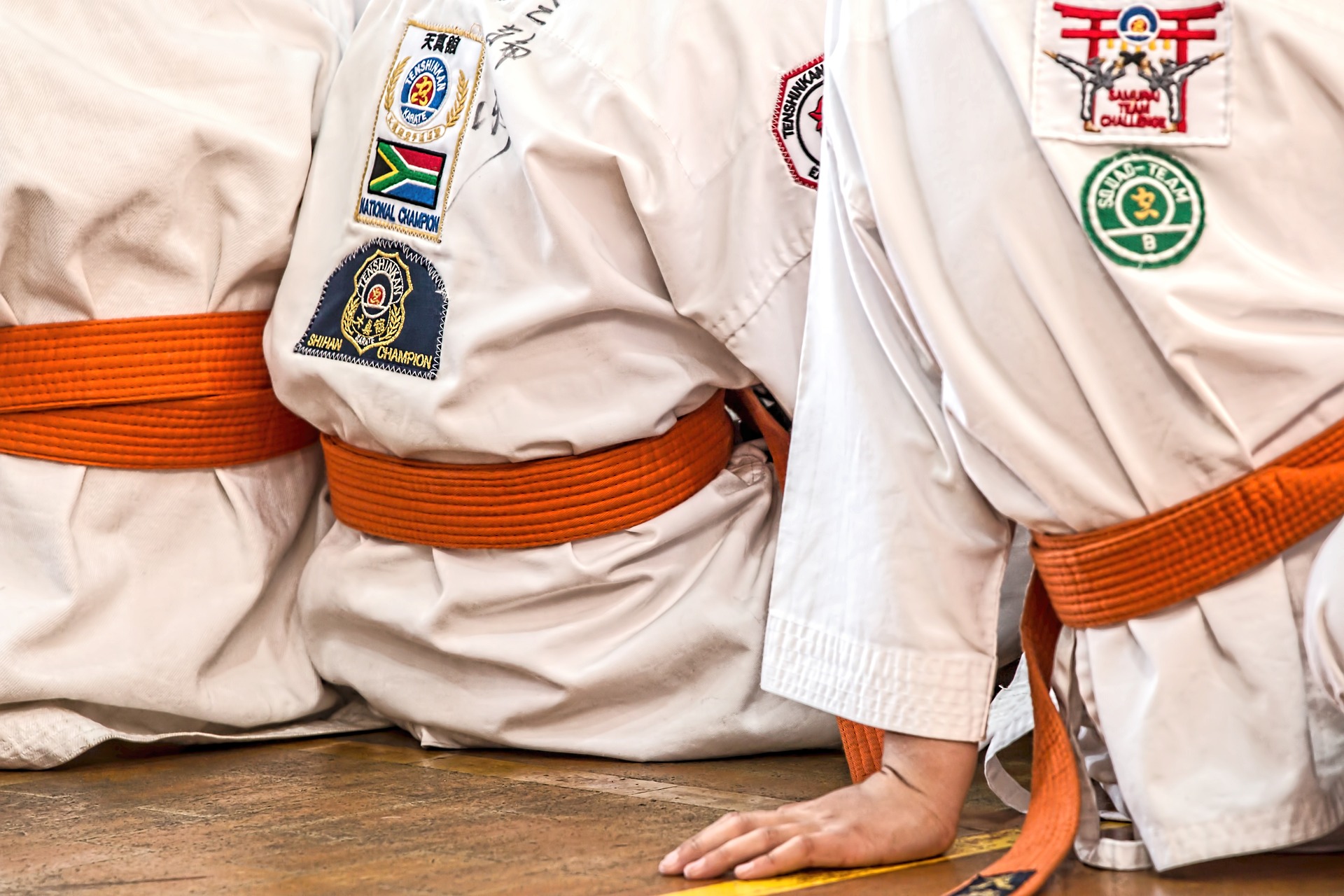Top Garage Flooring Ideas for a Functional Upgrade
Garage flooring isn’t just about looks—it’s about creating a space that’s durable, safe, and easy to maintain. From sleek epoxy coatings to modular tile systems, there are solutions to fit every style and need. Learn which options are outstanding for a modern, practical garage.

Introduction to Garage Flooring
Garage floors endure considerable stress from vehicle traffic, chemical spills, dropped tools, and temperature fluctuations. Standard concrete floors, while functional, often fall short in durability and appearance over time. Modern garage flooring solutions address these challenges by providing protective layers that resist oil stains, chemicals, and abrasion while improving the space’s overall look. Before selecting a garage flooring option, consider factors such as your budget, installation preferences, intended garage use, and local climate conditions. The right flooring solution should align with your specific needs while providing long-term performance without excessive maintenance requirements.
Epoxy Coatings: Sleek and Durable
Epoxy coatings represent one of the most popular garage flooring options, creating a seamless, high-gloss surface that’s exceptionally durable. These coatings consist of a two-part formula—resin and hardener—that chemically bond when mixed and cure to form a rigid plastic material. Premium epoxy systems often include multiple layers: a primer coat that ensures proper adhesion to the concrete, one or more color base coats, and a clear topcoat for additional protection and shine.
The advantages of epoxy coatings include remarkable chemical resistance (withstanding oil, fuel, and solvent spills), impressive durability (lasting 10-20 years with proper care), and a wide range of aesthetic options including solid colors, decorative flake systems, and metallic finishes. However, proper surface preparation is crucial for epoxy application, often requiring grinding or acid etching to ensure adhesion. While professional installation delivers optimal results, DIY kits are available for experienced homeowners.
Modular Tile Systems: Versatile and Easy to Install
Modular garage floor tiles offer exceptional versatility and installation simplicity, making them increasingly popular among homeowners. These interlocking tiles typically come in 12×12-inch or 18×18-inch squares made from rigid PVC, polypropylene, or composite materials. Their snap-together design creates a floating floor that requires no adhesives and can be installed in a single afternoon without specialized tools.
Modular tiles provide excellent drainage capabilities through raised designs that allow air circulation underneath, preventing moisture buildup. They can support heavy vehicles while offering anti-fatigue benefits for those who spend time working in the garage. Available in numerous colors and patterns, these tiles enable creative customization with borders, logos, or checker patterns. Unlike epoxy, modular tiles can be easily replaced if damaged, and the entire floor can be disassembled and reinstalled if you move homes. They also provide immediate use after installation, with no curing time required.
Concrete Stains and Sealers: A Natural Look
For homeowners who appreciate the natural appearance of concrete but desire enhanced protection and aesthetics, stains and sealers provide an excellent middle-ground solution. Concrete stains penetrate the surface to create semi-transparent, variegated color effects that highlight the concrete’s natural character while adding warmth and visual interest. Available in water-based and acid-based formulations, these stains offer a range of color options from earth tones to vibrant blues and greens.
After staining, applying a quality concrete sealer is essential for durability. Sealers create a protective barrier against stains and moisture while enhancing the color depth. Options include acrylic sealers (affordable with moderate durability), polyurethane sealers (excellent chemical resistance), and epoxy sealers (maximum durability). This approach typically costs less than full epoxy systems or tile installations while requiring minimal surface preparation compared to epoxy coatings. However, concrete’s natural porosity means even sealed floors may require periodic reapplication of sealer every 2-5 years depending on traffic and exposure.
Comparing Garage Flooring Options
When selecting garage flooring, understanding the comparative benefits and costs of each option helps make an informed decision that meets both functional requirements and budget constraints.
| Flooring Type | Average Cost (Materials + Professional Installation) | DIY Difficulty | Durability | Maintenance Requirements |
|---|---|---|---|---|
| Epoxy Coating | £5-£12 per square foot | Moderate-High | 10-20 years | Low; occasional cleaning |
| Modular Tiles | £4-£10 per square foot | Low | 10-25 years | Low; can be removed for cleaning |
| Concrete Stains/Sealers | £3-£7 per square foot | Moderate | 2-5 years (requires resealing) | Moderate; periodic resealing |
| Polyaspartic Coating | £7-£15 per square foot | High | 15-20+ years | Low; highly stain resistant |
| Roll-Out Mats | £1.50-£4 per square foot | Very Low | 5-10 years | Low; can be removed for cleaning |
Prices, rates, or cost estimates mentioned in this article are based on the latest available information but may change over time. Independent research is advised before making financial decisions.
Choosing the Right Garage Flooring
Selecting the ideal garage flooring involves balancing durability, aesthetics, installation complexity, and budget considerations. Epoxy coatings offer premium protection and appearance but require careful preparation and application. Modular tile systems provide unmatched convenience and versatility, though at a higher material cost. Concrete stains and sealers deliver a cost-effective enhancement while maintaining concrete’s natural character but need periodic maintenance. When making your decision, consider your garage’s primary function, your region’s climate conditions, and your long-term maintenance preferences. By thoughtfully assessing these factors, you can transform your garage floor into a durable, attractive surface that enhances your property’s functionality and value for years to come.




